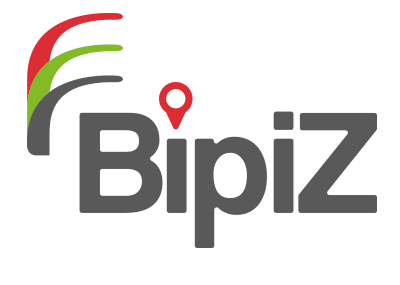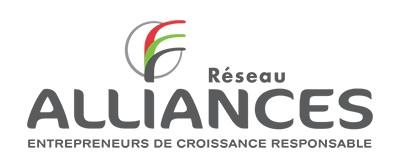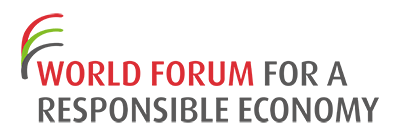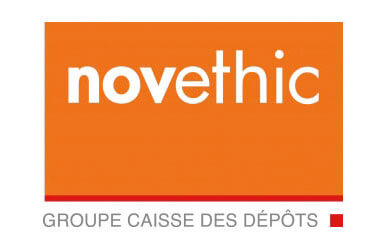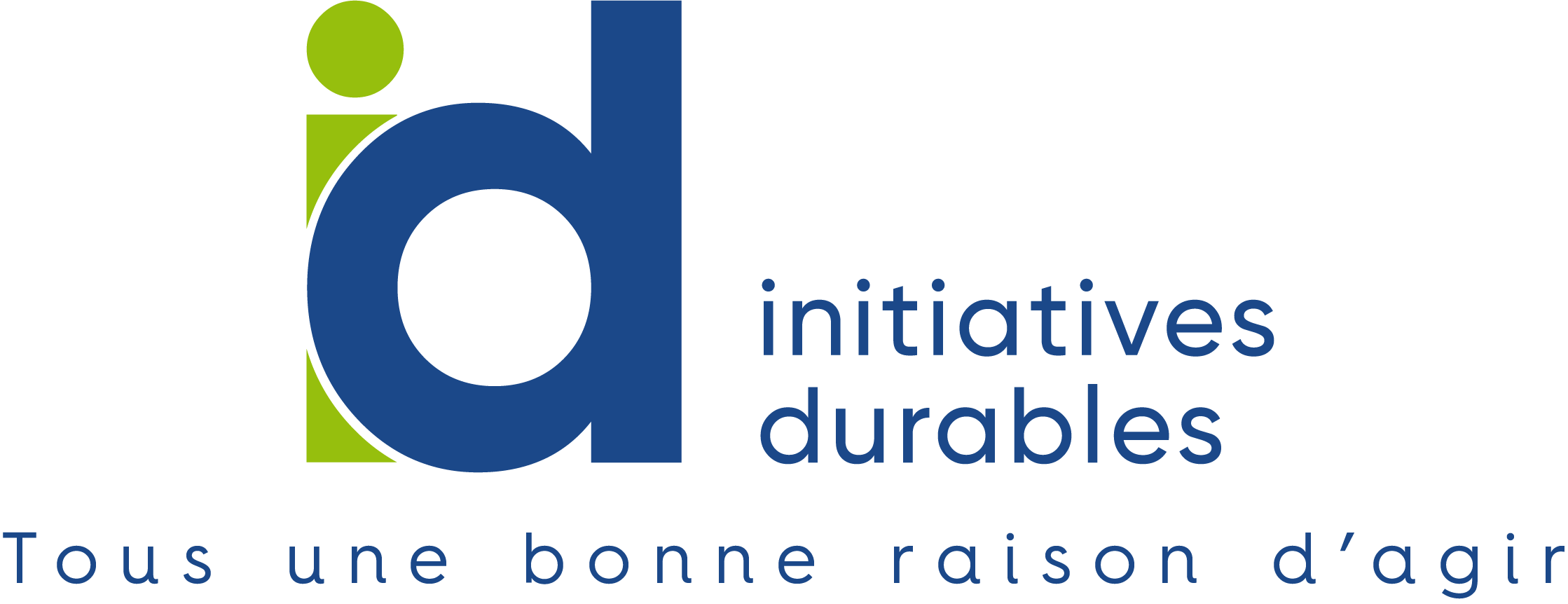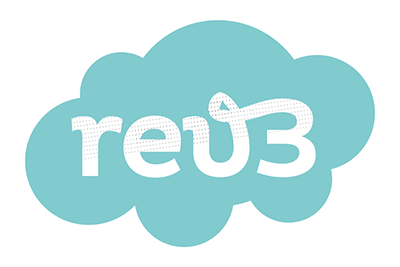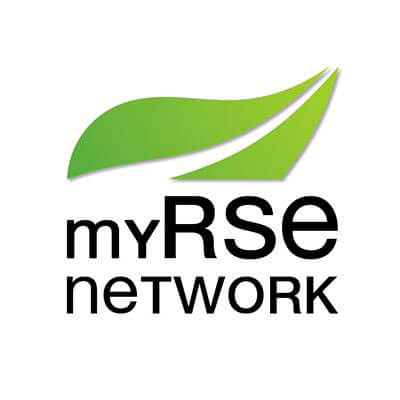From ecodesign to recycling, circular economy is a key lever for CSR. Since 2013, the SNCF circular economy policy defines and actualizes its priority subjects year after year: rolling stock dismantlement, infrastructure components recovery, end-of-life for furniture and e-waste, paper recycling.
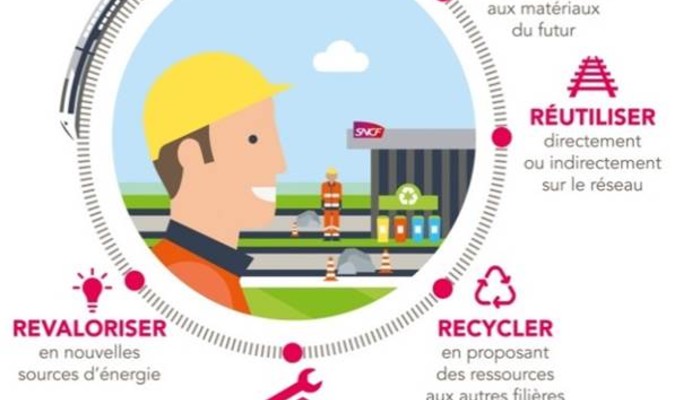
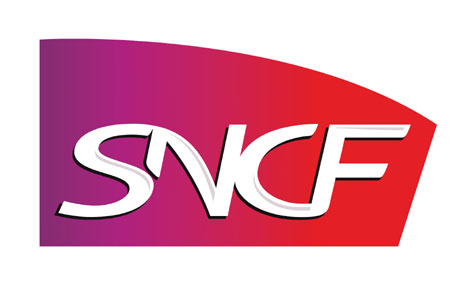
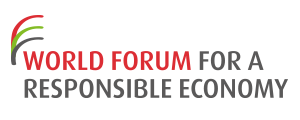
Context
Objectives
- Promote eco design through lifecycle cost integration: manufacturing, use, recycling, recovery, end-of-life and final disposal.
- Assess and adapt industrial processes to extend the components lifecycle and to improve the use of material flows
- Expand the partnerships with existing or emerging environmental organizations and industrial actors in waste recovery
APPROACH
Waste reduction plans
SNCF focuses on resource management through its « paper plan », whose key objectives are to reduce resource consumption, to improve separate collection of paper waste and to increase the use of recycled paper. SNCF launched a similar program focusing on e-waste in 2016. Water consumption is also the object of specific attention through the monitoring and the eradication of leaks in an old and ancient real estate. Last, new sort of recycling bins are being deployed in most French train stations, a new system topped up by experiments on paper and newspaper collection onboard.
Green yards
Initiated by the environment referents of SNCF Réseau, green yards are operations with both environmental and solidary focus. Initiated They are a great opportunity to collaborate with insertion companies while deploying large scale recycling operations ( tracks’ plastic supports redirected to the car industry, wood crossbar recycled or used as fuel wood for cement factories, metal waste sold by weight). Read the Best Practice about green yards
Professional clothes recycling
In 2015, SNCF collected and recycled 102 tons of worn professional clothes. The amount collected turned SNCF into the first ranked French company in the recycling of professional clothes. Jointly led by 3 Directions (Procurement, Sustainable Development and Train Directions), the project took shape thanks to the strong engagement of the field officers. Out of the 102 collected tons, 26 tons of clothing was directly reused thanks to a partnership with les Restos du Coeur association. Two third of the volumes found industrial applications in the making of tablecloth and felt pieces yarns.
Best practice spotted in 2017 by the World Forum for a Responsible Economy.
CONTRIBUTION TO COMPANY PERFORMANCE
- First French company in the recycling of professional clothes
- Cost control and financial gain, with an objective of 400 million euros of recovery revenue generated over the 2013-2017 period.
- Recovery target of 95% for railway dispending products (rails, ballast, cross tubes) by 2025
- 30 % reduction goal in paper consumption between 2015 and 2017
Benefits
- Contribute to models transformation towards a more circular economy
- Mitigate SNCF environmental footprint : reducing raw material consumption and pollution, protecting biodiversity
- Workforce
- 260 000 (2017)
- Turnover
- 33.5 milliards d’euros (2017)
- Country
- France
